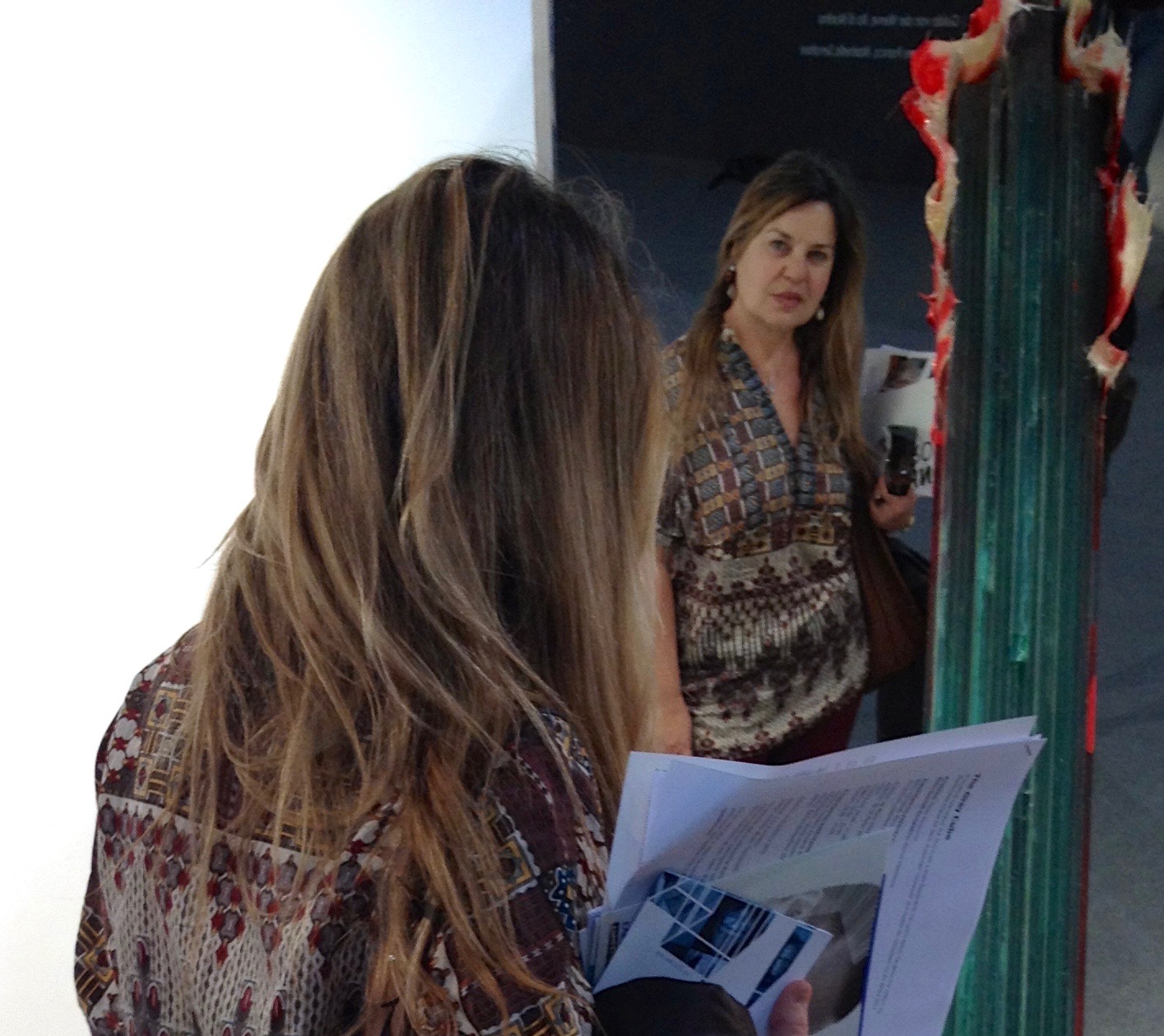By Titika Dimitroulia
While the average Greek detective stories are constantly multiplying in the Greek book market, novels which deal with the Greek crisis in order to make easy sales and they have nothing to do whatsoever with the small in numbers but quality detective literature, many fiction writers are using the form of the mystery with excellent results. I think that this is the case of the last novel of Argiro Mantoglou, her best up to now.
Having worked for years as a translator of works of modernity and postmodern, Mantoglou puts up in her new book a multilayered game of death: a very handsome man who approaches seductively a series of women, in order to kill them. Suspense starts from the very first pages, when a paper bag is left at a beauty saloon which contains a gun. The murderer with the angel face – Mantoglou plays continually with clichés, the murderer copies the movement and the lines of Holywood’s tough guys – he has already killed one girl but her sister, a secretary in the beauty clinic, decides to find and warn her. There are plenty of meeting till a group of women, old and young, beautiful and ugly, and an ugly guy – get together to face the Devil, which is being killed in the end by mistake.
From all the characters the face of the ugly Politimi stands out, the first girl that comes across the evil. A girl, curious for the word around her, in her own way sensitive and open to the reality of Athens, her city who is being burnt, on December 2008. Politimi is being described with clean cut lines, her ugliness is being negated by action.
The plot moves to different cites and countries, from the everyday Athens where violence is hidden under the carpet till one bullet flies across the city from one end to the other, to the violence which is hidden in the memory, where all evil is rooted. The female characters have depth, from the plastic surgeon, to the girl who works for the travel agency, and the old mother, they are all emblematic -characters and symbols at the same time.
The story reads in many ways: it is a story of a serial killer, it is a parody of detective stories, as the murderer fails continually, it is a story of the dangers that lie in the women’s consciousness and self fulfillment, with or without love. A story of a search, a search for truth, for love, art, a story about the invisible stories that are swirling around us.
Mantoglou is offering a tight but open text, which could be read as a comment on the contemporary existential social conventions, Greek reality, as well as the writing itself.


Leave A Comment